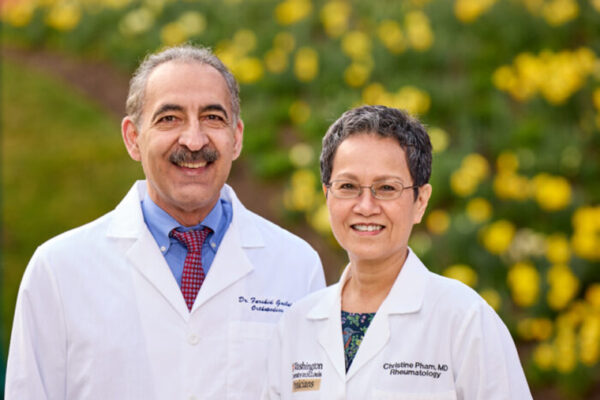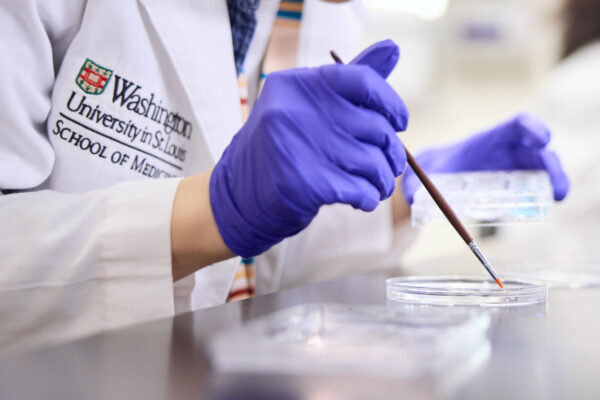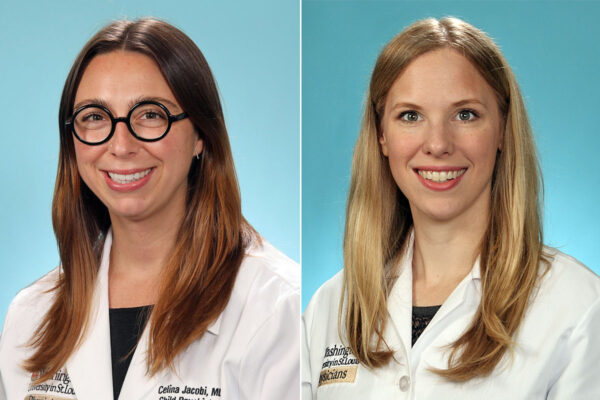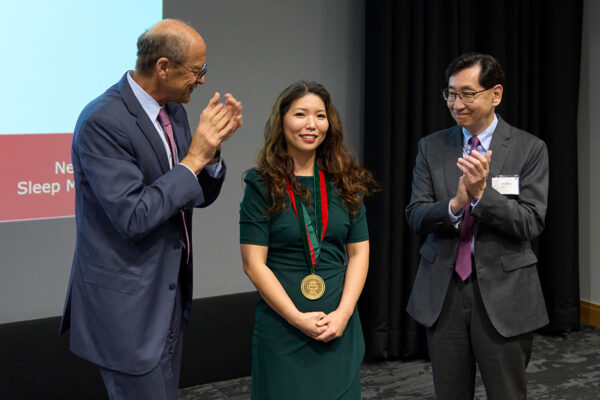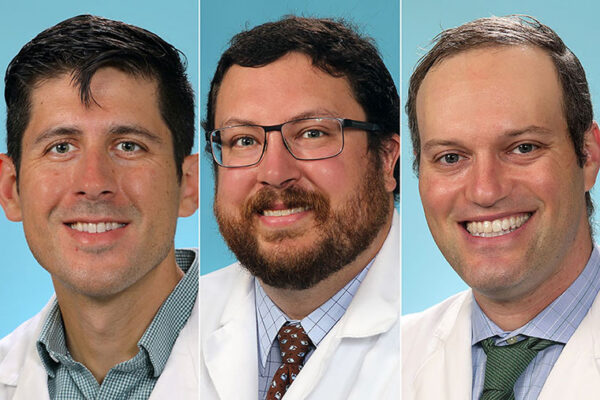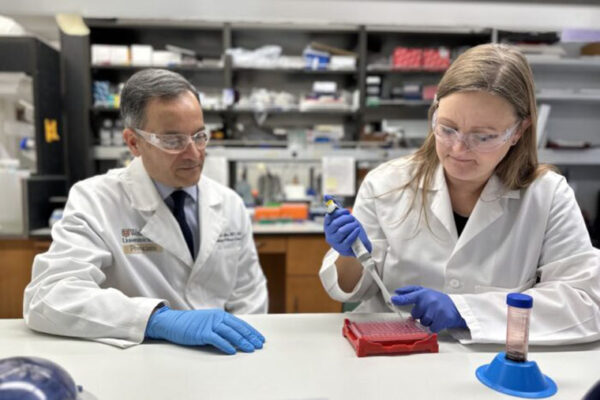Award of up to $31 million supports development of osteoarthritis treatment
A team of Washington University researchers has received an award of up to $31 million from the Advanced Research Projects Agency for Health to develop a single-injection treatment for osteoarthritis that promotes tissue regeneration and restores joints.
Huebsch wins NSF CAREER award
The National Science Foundation has given a CAREER award to Nathaniel Huebsch, an assistant professor of biomedical engineering in the McKelvey School of Engineering at Washington University in St. Louis.
WashU engineers manage a first: measuring pH in cell condensates
In a first for the field, biomedical engineers at the McKelvey School of Engineering determined the pH profiles of certain key types of cellular condensates.
WashU Medicine rises to No. 2 in nation in NIH research funding
Washington University School of Medicine in St. Louis received in 2023 the second highest amount of funding from the National Institutes of Health (NIH) of all medical schools nationwide. This ranking reflects the school’s commitment to cutting-edge research and positions it as a key player in shaping the future of medicine.
Jacobi, Zickuhr named Loeb Teaching Fellows
Celina Jacobi, MD, an instructor in child psychiatry, and Lisa Zickuhr, MD, an assistant professor of medicine, have been named the 2024-26 Carol B. and Jerome T. Loeb Teaching Fellows at the School of Medicine.
Chen, Silva named senior members of National Academy of Inventors
Hong Chen and Jonathan Silva, both faculty members in the McKelvey School of Engineering at Washington University in St. Louis, have been named senior members of the National Academy of Inventors. They will be inducted in June.
Shellhaas elected to American Epilepsy Society board
Renée Shellhaas, MD, the David T. Blasingame Professor of Neurology at the School of Medicine, has been elected to the American Epilepsy Society board of directors.
Ju named Morriss Professor
Neurologist Yo-El Ju, MD, a physician-scientist whose discoveries have illuminated the complex relationship between sleep and neurodegenerative disease, has been named an inaugural Barbara Burton and Reuben M. Morriss III Professor at Washington University School of Medicine in St. Louis.
American Society for Clinical Investigation honors physician-scientists
Three early-career scientists at the School of Medicine have been honored with the Young Physician-Scientist Award by the American Society for Clinical Investigation (ASCI). They are Tarin M. Bigley, MD, PhD; Jeffrey W. Brown MD, PhD; and Drew J. Schwartz, MD, PhD.
Apte receives Catalyst Award for innovative approaches to research
Rajendra Apte, MD, PhD, the Paul A. Cibis Distinguished Professor in the John F. Hardesty, MD, Department of Ophthalmology & Visual Sciences at the School of Medicine, has received a $300,000 Research to Prevent Blindness/American Macular Degeneration Foundation Catalyst Award.
Older Stories
